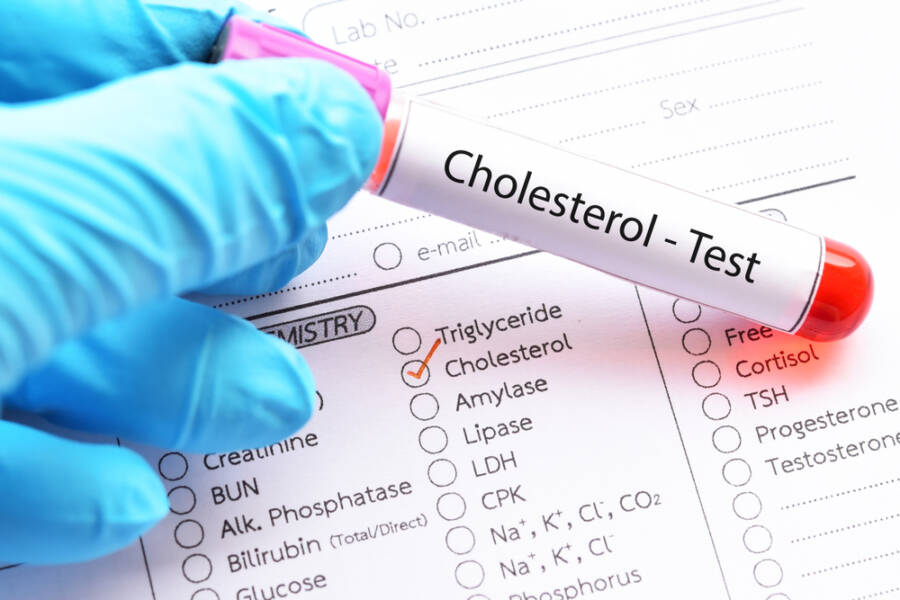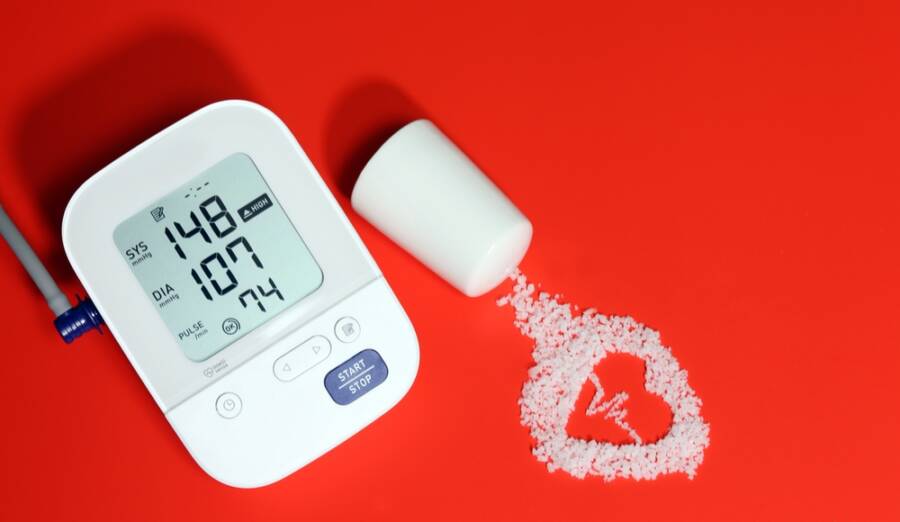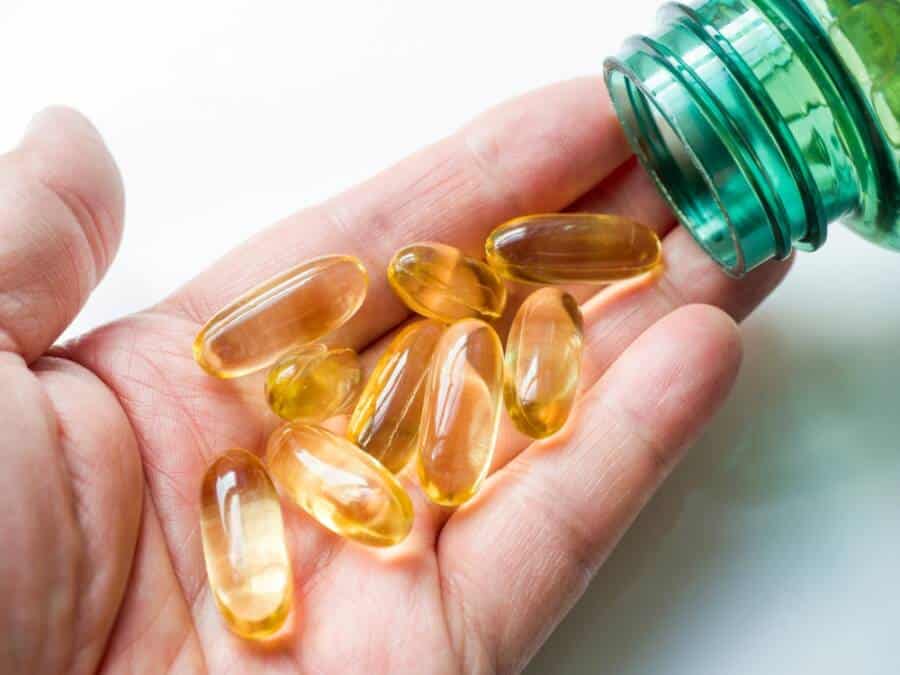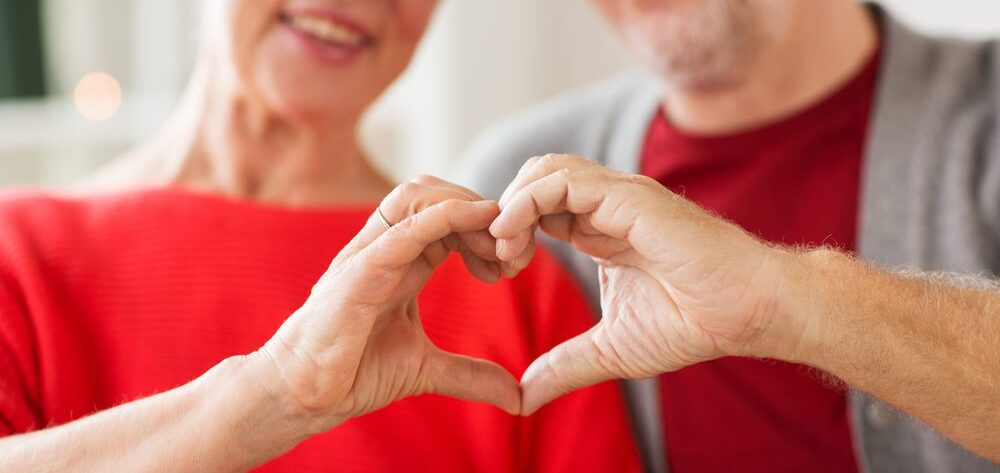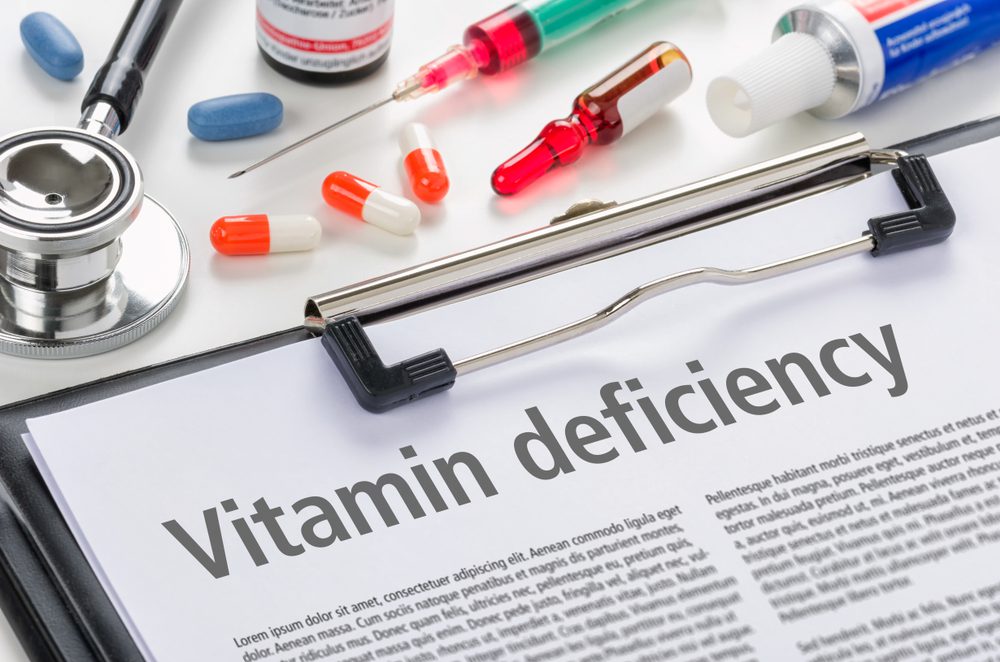What if you could unlock more energy, sharpen your thinking, and build a stronger foundation against falls with one simple habit? It’s not a new supplement or a complicated workout plan. It’s something you already have access to every single day: water. Welcome, vibrant members of the HealthyReads community! Today, we’re diving deep into a topic that is absolutely fundamental to your well-being, especially as you navigate your golden years: hydration.
Staying well-hydrated is one of the most powerful and proactive steps you can take for your health. It’s the secret ingredient that supports everything from your joints to your brainpower. Yet, it’s often overlooked. We’re here to change that. Let’s explore why water is your best friend after 60 and discover just how much you should really be drinking to feel your absolute best.
Why Hydration Matters More Than Ever After 60
As we age, our bodies undergo remarkable changes, and our relationship with water shifts, too. Understanding these changes is the first step toward mastering your hydration strategy and embracing a more energetic lifestyle. It’s not just about quenching thirst; it’s about proactively fueling your body’s essential systems.
First, our sense of thirst can diminish over time. You might not feel thirsty even when your body is running low on fluids. This means we can no longer rely solely on thirst as a signal to drink. Instead, we need to be more mindful and intentional, making hydration a consistent part of our daily routine, much like taking a daily vitamin or going for a walk.
Second, our body composition changes. As we get older, our bodies naturally hold less water. Our kidneys may also become less efficient at conserving water, meaning we lose more of it throughout the day. This combination creates a perfect storm where the risk of dehydration increases significantly, even from minor fluid losses.
Proper hydration is the cornerstone of senior health. It helps regulate body temperature, keeps joints lubricated, prevents infections, delivers nutrients to cells, and keeps organs functioning properly. When you’re well-hydrated, your heart doesn’t have to work as hard to pump blood, your mind feels clearer, and you have more physical stamina. Think of water as the oil that keeps your body’s engine running smoothly and efficiently. Without enough of it, things start to slow down and wear out faster.




